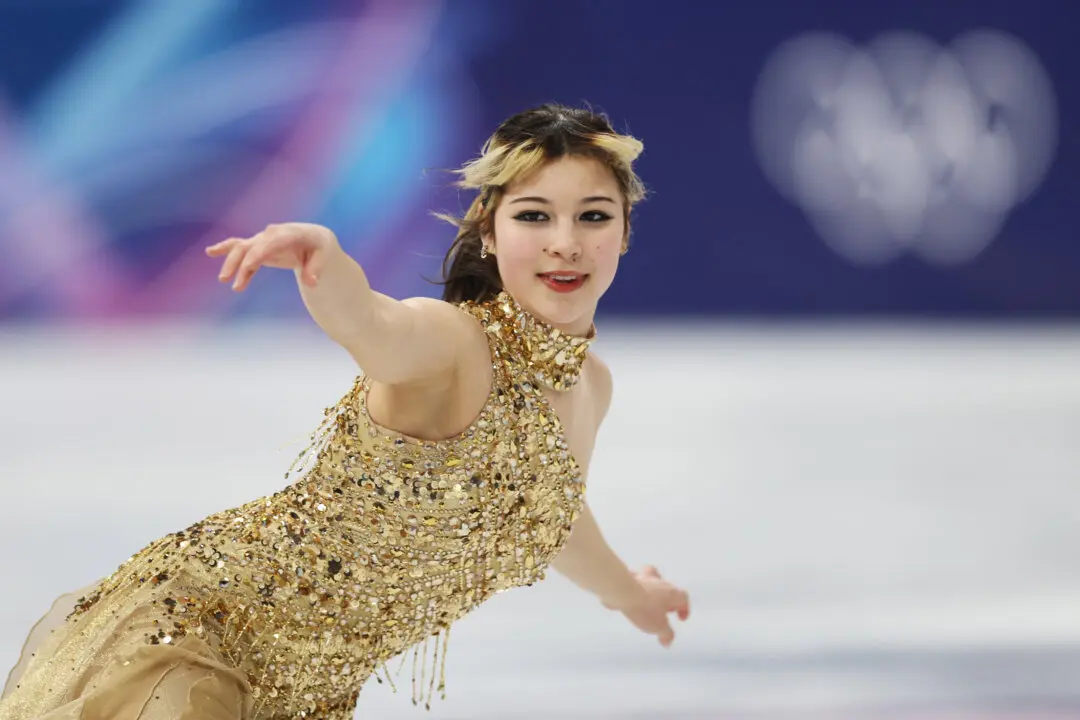China’s leader Xi Jinping cemented his authority on Nov. 11 by directing the ruling Chinese Communist Party to approve a historic resolution that sought to place Xi as an equal among the most influential figures in the regime’s history.
“Establishing Xi Jinping’s core position to the Central Committee and the entire Party,” as well as the “guiding role” of Xi Jinping ideology, “has decisive significance to pushing the Chinese nation toward a grand rejuvenation,” senior Party officials said at the end of a four-day, closed-door meeting of more than 300 elite Party members in Beijing, according to a readout from the state media.





